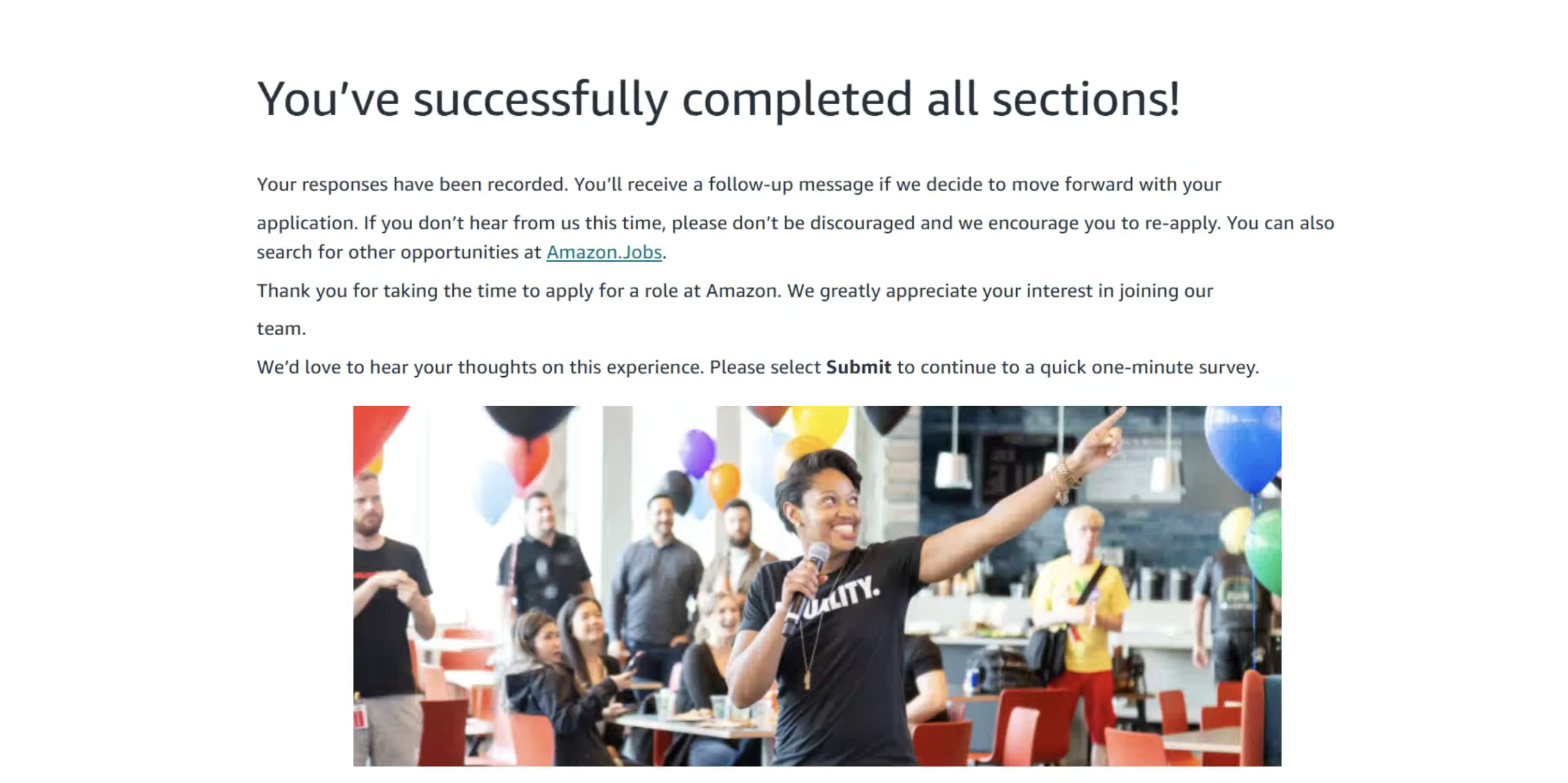Over the past two decades, the hiring landscape in tech has gone through several major shifts. Each new paradigm has quietly reshuffled the balance of power: some players emerge as clear winners, while the majority of candidates are left to shoulder higher costs in time, money, and energy. Looking back at these shifts makes one thing very clear—those who control the tools and understand the rules consistently gain the upper hand.
In the earliest stage, resumes were the decisive factor. School names, company logos, job titles, and a few carefully chosen keywords determined whether a candidate would get an interview. With the rise of ATS systems, insiders who knew the right formatting tricks or had referral networks held all the advantages. The beneficiaries were résumé workshops and referral gatekeepers, while ordinary applicants with modest backgrounds were simply lost in the pile.
The 2000s brought a strange era dominated by brainteasers and estimation puzzles. Microsoft and Google popularized quirky questions like “How many windows are in Seattle?” or “How many light bulbs are made in a year?” These questions had little to do with actual engineering work, but entire training industries sprang up to monetize them. Authors, prep coaches, and book publishers cashed in, while serious candidates wasted countless hours solving riddles that employers later admitted had no predictive value.
Then came the golden age of algorithms and grinding. Platforms like LeetCode standardized the interview format, and suddenly data structures and algorithms became the universal filter. Around it grew a massive ecosystem: curated lists like Blind 75, prep influencers on YouTube, paid courses, and companies like AlgoExpert. In this era, effort became a measurable currency—those who could grind hundreds of problems earned their shot. It was exhausting, but with tech booming and jobs plentiful, many candidates did succeed, sometimes transforming modest academic records into life-changing offers.
The latest transformation, however, is already underway. AI has begun to rewrite the rules. As online interviews and coding tests became the norm during the pandemic, few platforms developed robust defenses against AI assistance. This vacuum opened the door for a new generation of winners: AI-powered tools, proxy services, and interview assistance providers. They captured the benefits of the shift, while traditional candidates saw the value of their endless hours of preparation quickly eroded. What used to be an advantage in persistence is now overshadowed by the leverage of AI.
This is where specialized interview assistance and proxy services come in. They are not an accident—they are the natural outcome of today’s environment. When rules are unsettled, information gaps widen, and the cost of failure is higher than ever, services that decode interview patterns and provide direct, real-time support become invaluable.
The value lies in two areas:
- Rule decoding: quickly analyzing how a specific company designs its interview flow, what topics are emphasized, and where candidates most often fail.
- Execution support: offering real-time assistance during critical stages like virtual onsite interviews, or even providing proxy solutions for candidates who need a guaranteed outcome.
As companies experiment with integrating AI into their own processes, a new standard will eventually emerge. But in the current transition period, those who know how to leverage the right tools gain a decisive advantage.
The takeaway is simple: interviews have never been purely about fairness—they have always been about adapting to evolving rules. Today, the biggest differentiator isn’t just intelligence or effort, but the ability to harness the right assistance at the right time. For candidates who want to maximize their chances in a shifting environment, interview proxy and assistance services provide a practical and realistic path to success.
If you’re aiming for Meta or other FAANG-level interviews, don’t prepare alone.
Contact Us:
Email: ceo@csoahelp.com | WeChat: csvohelp
